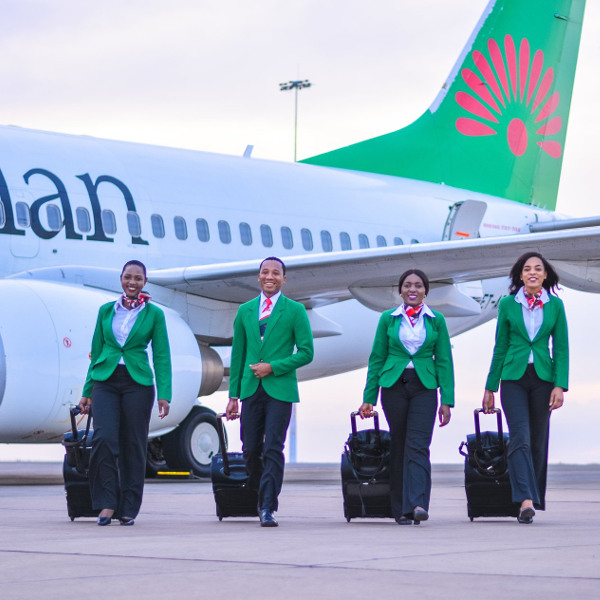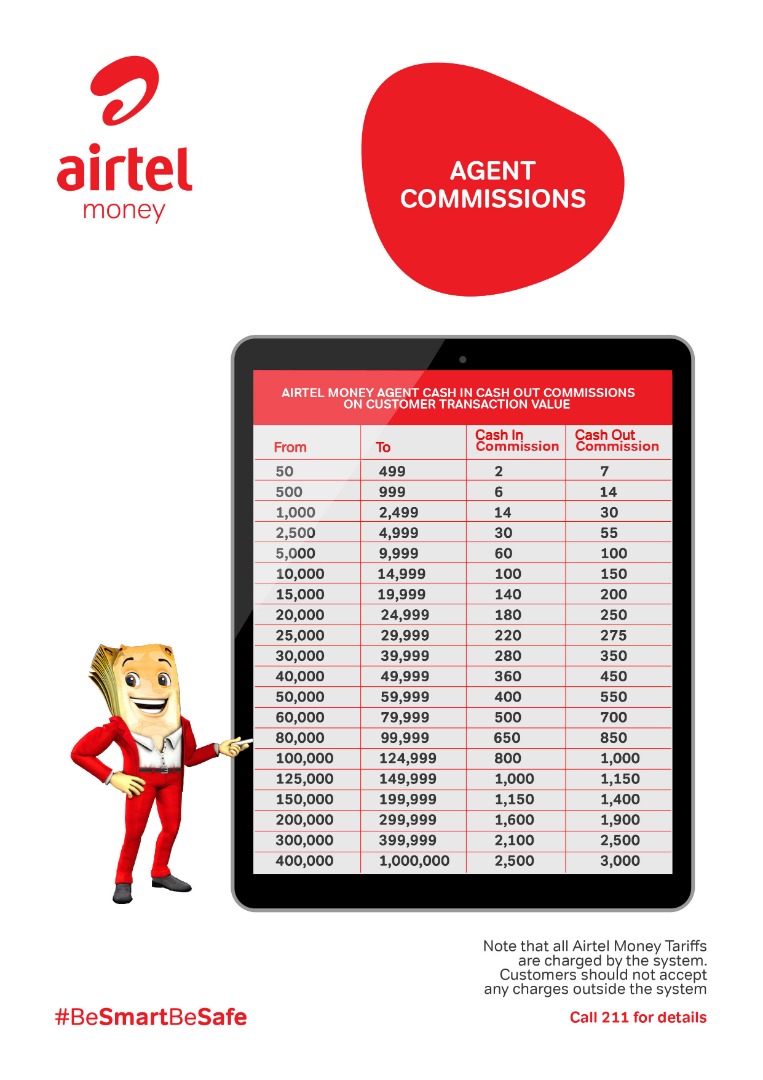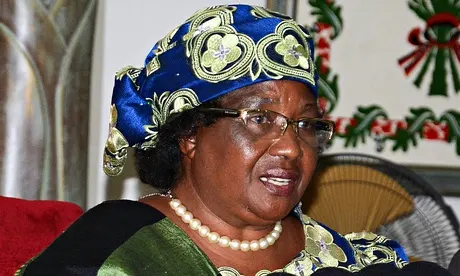- Board Want Malawi Airlines Liquidated
- Suspected tax evasion
- Company in K14 billion cumulative loss position, K13.8 billion debts
- Shareholders not committed to recapitalize the struggling airline
BY PIJ REPORTER
The Malawi Government has spent over K50 billion taxpayers money in a failed airline venture which is now on the verge of collapse following the announcement by its board of directors that Malawi Airlines Limited needs to undergo an “orderly winding up” as it is technically insolvent.
The resolution to dissolve the company was duly passed on March 25, 2021, by the Board in accordance with the Memorandum or By-laws and articles of incorporation of the company.

Malawi Airlines was registered as a partnership company with shareholding between the Malawi Government (51 per cent) and Ethiopian Airlines (49 per cent) in 2013 following years of searching for a replacement of the defunct Air Malawi limited. After flying for almost 30 years, “Air Malawi has failed this country to deliver services that are reliable and has from time to time failed even to procure basic operational materials such as fuel without Government’s support,” according to the August 2008 address of Parliament by former finance Minister Goodall Gondwe. At that time Gondwe disclosed that “again and again it finds it difficult to even maintain its membership of IATA and continues to damage the good name of Malawi by ignoring its advertised time-tables. The comments it attracts internationally have been unflattering.”
According to the resolutions, seen by PIJ and signed by the company’s board chairperson George Partridge, the company is in a cumulative loss position of K14.09 billion ($17.86 million) as of February 2021 and has accumulated debts of K13.83 billion($17.54 million).
“The Directors have assessed the company and found it technically insolvent and not a going concern if shareholders do not inject equity into the company. Directors are of the opinion that the directors cannot continue the company to trade in the current state without a rescue package. While there is still a significant gap between costs
and revenue,” reads the resolutions.
While the company’s revenue has been dwindling, the resolutions say, its costs of operations remained high and cannot be covered by revenues while the environment remains hostile as a result of the COVID-19 pandemic.
“In the absence of any injection of capital and with all the requested cost reduction relief measures not being approved, it is therefore resolved that under the circumstances, where shareholders of Malawi Airlines have not committed recapitalization of the business or approve the requested relief measures and that the going concern is uncertain, the Board of Directors recommend an orderly winding up of the company and further recommend the appointment of a liquidator to discharge obligations and minimize further liabilities,” it says.
According to the resolutions, the two shareholders will inform the Board whether the winding up of the company will be pursued while the company is operating or by suspending operations.
PIJ has also learnt that between October 2020 and February 2021, the company recorded a loss of K285 million ( $361,000). While the demand for travel was better in the months of November and December 2020, such demand started to decline following the measures taken by both Malawi and South Africa to control the rising number of Covid-19 cases.

In an interview yesterday, Malawi Airlines spokesperson Joseph Josiah confirmed several Board meetings that have taken place recently but said was not aware of the agenda and resolutions.
Our efforts to talk to Patridge as well as Malawi Airlines chief executive officer Laeke Tadesse also yielded no results yesterday as they both did not pick up our calls after several attempts.
While saying he was unaware of the resolutions, director of Civil Aviation James Chakwera in an interview yesterday said it would be “unfortunate” if the company would be liquidated as recommended by the Board, saying it will inconvenience travellers outside the country especially those that travel to destinations where Malawi Airlines plies its trade.
“Already, we have had problems with Malawi Airlines as in some cases passengers had to be re-routed to other countries which is not what the traveller or the ministry [of transport] want. So if the company will be liquidated completely, that will definitely not be a good thing as passengers will have to pay more as other airlines will take advantage and that is our fear. We would like to see the provision of its [Malawi Airlines] services,” said Chakwera.
Malawi Airlines has two aircrafts namely Bombardier Q400-Dash 8 and Boeing 737-700.
But sources in the aviation sector yesterday said the two flights have been “technically withdrawn’ by the minority shareholder, Ethiopian Airways following recent disagreements with the majority shareholder, the Malawi government, over the reluctance by the latter to inject more capital into the deal.
According to another minute of a meeting that took place last year in August, which PIJ has seen, Ethiopian Airlines wanted the Malawi government to inject K7 billion as a recapitalization.
“ET [Ethiopian Airlines] suggested that the Board should inform the shareholders that the company has no money and cannot resume operations and should consider looking for dissolution,” reads part of the minutes.
Airline had seven years to break even
In an unpublished interview with Partridge in April 2019, he said although the Public-Private Partnership Commission report, tabled in Parliament in June 2017, had indicated that the Malawi government was not meeting its obligations under its agreement with Ethiopian Airlines he said apart from the issue about the lack of certain facilities at the airports and the passing of legislation and operationalisation of the Airports Authority bill, which was of concern even to ICAO at the time, he was not aware of any other obligations.
At the time of the interview he confirmed that Malawi’s amounts in the venture were fully subscribed and it was a total of US$10.2-million (K8bn) which was disbursed in two tranches, of $4-million (3.2bn) and $6.2-million (K4.8bn).
The Malawi and Ethiopian Airlines agreement was never short of drama as in May 2013 the PPPC told the media that it was disturbed to learn that Ethiopian Airlines had abandoned plans to make Malawi its regional hub and opted for Lusaka instead.
This followed the August 2018 shareholding signing agreement between Ethiopian Airlines and Zambia’s main development agency to relaunch the carrier in Zambia at an initial cost of US$30-million.

Asked whether the Ethiopian Airlines had dropped Malawi as its regional hub, Partridge said he was not aware of the May 2013 issue as this was even the period before the Malawi Airlines was established.
“May be they were talking about it in their preliminary discussions,” he suggested. “Certainly, the operational agreement that established the airline does not have such clauses.”
According to the joint venture agreement, Malawi Airlines was supposed to break even after two years, but Partridge said indeed those could have been aspirations, ambitions and business plans but not an agreement.
“Reality from experience is that a start-up airline takes about 5 to 7 years to break even if all conditions are favourable, and more than that if not that favourable. The airline is still making losses but they are becoming fewer losses every year, meaning that performance is improving and is following a well-established trend as said earlier,” he explained.
He also said during the operation of the airline, Malawian Airline and not the Malawi government ‘was paying management fees in accordance with agreed performance indicators as it is being managed by them, including the provision of certain facilities such as training, licencing, maintenance etc, which varies from time to time.’
The joint venture agreement remains a secret because according to Partridge this is ‘registered as a private and not a public company and therefore agreements in this respect by definition remain private unless both parties consent to dish them out. Just like any business, some of the clauses contain information that can be taken advantage of by competition.’

Treasury spokesperson Williams Banda said the Ministry would be in a better position to comment only after seeing the recommendations by the Board.
“We will wait to see the said resolutions and that’s when we can substantially comment on the matter,” said Banda.
OPC to decide the fate of the Airline
A source at the Ministry of Transport yesterday said following the recommendations by the Board, the final decision on the matter rests in the hands Office of the President and Cabinet (OPC).
Said the source: “The ultimate decision to liquidate the company now is in the hands of cabinet. It is just a matter of when that decision can be made.”
While also expressing ignorance on the resolution, the acting clerk to the Cabinet at OPC Marjorie Shema yesterday said if the recommendations were sent to OPC, then it follows that the decision on the way forward is “in the pipeline.”
In December last year, Weekend Nation exposed that Malawi has been posting zero profits in five years but ironically paid over K41 billion for aircraft subleases, management fees and other payments to its strategic partner, Ethiopian Airlines.
Partridge confirmed in an interview with Weekend Nation then, that the airline had made no profits since it started operating in 2014.
He said: “Since the airline started, I can confirm it has not made any profits. The major return and primary objective of the investment were the general economic returns on the investment due to the connectivity that the airline is providing in the most efficient and effective way. This objective has largely been achieved compared to the time we had no national airline.”
Suspected Tax evasion

Public Accounts Committee (PAC) chairperson Shadreck Namalomba—an audit advisory expert himself—described Malawi Airline’s payments to Ethiopian Airways as a typical example of transfer pricing and suggested Malawi Revenue Authority (MRA) should assess them for possible tax evasion.
Historical Direction of the Airline
The United Democratic Front Government decided to privatise Air Malawi and searched for an investor to purchase it in vain.
“We feel that a new airline could be re-established in which the Government will retain a 51% shareholding and a strategic investor would be allowed to own 49% of the shares,” said Gondwe.
He said government would thus have a majority on the board of the airline that would strictly be run on a commercial basis.
Malawi government snubbed, South Africa Comair’s bid to take over Air Malawi saying since Comair entered a franchise agreement with British Airways in 1996, they wanted to erase anything Malawian on the company and let it wear British Airways colours.
Former finance minister and Member of Parliament, late Aleke Banda said that the airline should be maintained under any circumstances as it is the flag bearer around the continent.

But Gondwe said the question of how Air Malawi should be handled was a vexing one.
“On one hand it has been argued as that we should not sell the public asset to foreigners and that we should therefore save and improve it at any cost. This is an understandable view and one which is shared by many. It is an emotional view, but understandable,” Gondwe said.
On the other hand Gondwe said it can be argued equally legitimately that Malawi must have an airline that provides the public with an efficient and reliable service throughout the country “and one that is not a burden on the public finances so that it does not compete with our ability to assure the public the basic needs of life.”
After Government decision Public Private Partnership Commission (PPPC) formerly the Privatisation Commission announced that it had received expressions of interest from 11 local and foreign companies vying to take over the country’s national airline, Air Malawi.
The companies that had shown interest in taking over Air Malawi included South Africa’s Comair and Fly Africa, Botswana’s Global Business Network, Ethiopian Airlines and local firms African Star Airways, Air Express, Alpha & Omega Duty Free Shops, CDH Limited, Global Airlines, Jetlink Airways and Mpatsa Holdings.
With the assistance of the transaction adviser, Ernst & Young, and key stakeholders in government, the commission commenced the process of evaluating the expressions of interest received, which will culminate in the selection of Ethiopian Airlines.
With the new airline in place Government hoped its financial, technical and operative capability would improve and consequently foster competition in the country’s aviation sector.
Before, Government had advertised for a strategic equity partner in Air Malawi and failed to privatise the airline in 2003 and 2008, partly “because it was not attractive to prospective operators due to its huge debts”.
At the time of its disposition, Air Malawi’s routes network included five regional and three domestic destinations from its twin hubs of Chileka Airport, in Blantyre, and Kamuzu International Airport, in Lilongwe.
On the regional front, it used to serve the cities of Johannesburg, in South Africa, and Dar-es-Salaam, in Tanzania.








